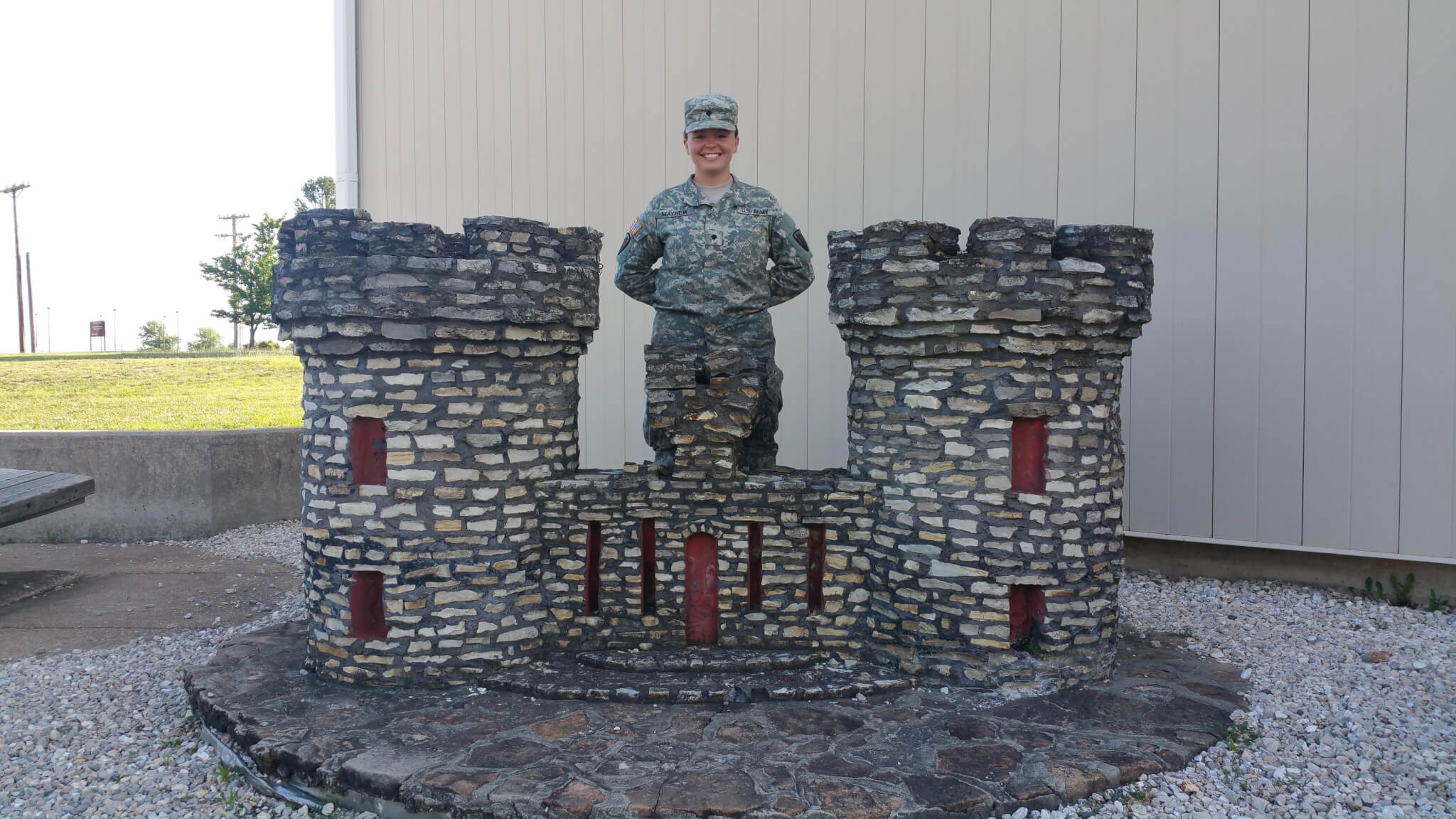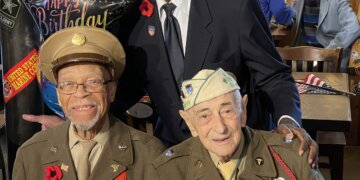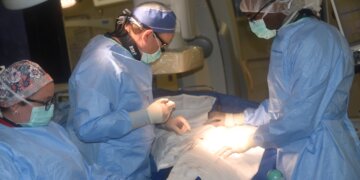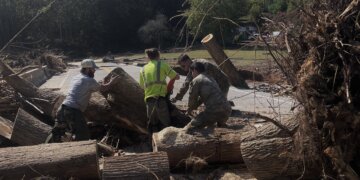
Spc. Rachel Mayhew, 26, recently became the first female in the Texas Army National Guard awarded the 12B combat engineer military occupational specialty (MOS).
“It was an absolute honor to serve with the Engineers,” said Mayhew, of Fort Worth. “The guidance and mentoring I received helped prepare me for a change.
I wanted a career path with progression, promotion and growth. That is exactly what I found in becoming a combat engineer.”
Mayhew graduated on June 17 from Fort Leonard Wood, Missouri, during a rigorous two-week MOS transition course that included the High Physical Demands Tests (HPDT) and included a series of tasks geared toward combat engineers to ensure force capability and readiness.
Prior to attending the reclassification course Mayhew served in the Texas National Guard for seven years as a 74D chemical biological radiological nuclear specialist. In 2011, she deployed to Afghanistan with the 236th Engineer Company.
Since the push to integrate the military into a gender neutral standard, the military has used HPDTs to collect data on newly-proposed MOS-specific standards.
“I’ve never been treated any differently for being a female in uniform or encountered a lower standard,” said Mayhew. The instructors worked very hard to keep things fair across the board. Every Soldier was treated the same and we all knew what we had to do to accomplish the mission.”
Mayhew successfully completed a 12-mile tactical foot march, prepared a fighting position, employed hand grenades and transported a casualty to immediate safety. All four tasks, plus eight others, are designed to paint a picture of the real-life conditions that could be encountered on the battlefield.
“The timed road march is the most challenging task I’ve endured in my career. However, I’ve never been more proud of myself than when I reached that finish line,” said Mayhew.
Among the 25 students who attended the course, four fellow Texas Guard members attended alongside Mayhew.
While Mayhew was the first female Texas Guard member to complete the course, she shared her journey with four other female Soldiers from different states.
“We had a strong group of female Soldiers in our class. They were able to pull their own weight and did everything alongside us,” said Fort Worth native Spc. Carlos Flores, 840 Mobility Augmentation Company, 111th Engineer Battalion, 176th Engineer Brigade.
The two-week training was one of the first reserve component courses to integrate the HPDT standards into graduation requirements.
“We are among the first in gender-integration training. The instructors were very professional and did everything they could to make the training as realistic as possible and to minimize outside distractions,” said classmate and Brownwood native Sgt. 1st Class Stormy Barnum, readiness non-commissioned officer, 454th Engineer Company, 111th Engineer Battalion, 176th Engineer Brigade.
Through HPDTs, gender integration and the mid-Missouri heat, Mayhew and her fellow classmates have proven they have what it takes to join the proud Corps of Engineers.
“You really felt a sense of accomplishment after completing the HPDT tasks,” said Mayhew. Even though the work days were long and exhausting, morale and Soldier care remained at an all-time high, which I think are the two crucial parts to any mission.”
Mayhew is a combat engineer with the 840th Mobility Augmentation Company based in Weatherford, Texas. Company Commander Capt. Aaron McConnell of the 840th Mobility Augmentation Company says he is happy to welcome Mayhew into his company.
“Spc. Mayhew is a good Soldier and I am glad to retain her,” said McConnell. To me, it is more about what you can do as a Soldier than what your gender is. We treat everyone on our team the same.”
“These are my brothers, my family,” said Mayhew. “All my battle buddies are very accepting and encouraging of my decision to become a Combat Engineer. The knowledge these Soldiers have of their job is impressive and inspiring. I want to soak up as much of it as I can so that I can be proficient as a 12B and lead my future Soldiers and peers in the right direction as well.”






















































